Democrats who were once satisfied with Vice President Harris’s low-key media strategy would like to see her ramp up her appearances in the final weeks of the presidential campaign.
While questions build around Harris’s lack of discussion about her policy proposals — including this week after her interview with a panel of journalists representing the National Association of Black Journalists (NABJ) — Democrats say she needs to do more to talk about her plans.
“More. More. More,” Van Jones, the Democratic pundit and former Obama administration official, said Tuesday evening on CNN. “The polls show the more you see Kamala, the more you like Kamala.”
Democrats say they were pleased with Harris’s recent performance at the presidential debate, where they felt Harris not only held her own, but also far exceeded expectations with her statements and overall demeanor. But they’d like to see her take some risks and sit down for more interviews, both nationally and locally.
After dodging interviews for weeks — and receiving criticism for it from Republicans — Harris has done a handful of sit-down interviews, including a high-profile one after the Democratic convention on CNN alongside her running mate, Minnesota Gov. Tim Walz (D).
Harris has also done smaller interviews, including with the local ABC affiliate in Philadelphia and this week’s NABJ interview, along with a few interviews aimed at Hispanic audiences, including this week’s appearance on Nueva Network’s "Chiquibaby Show."
“Her face to face with voters is very controlled,” said Tobe Berkovitz, a communications professor emeritus at Boston University, who worked as a political media consultant.
“The Harris campaign makes it seem like she is not to be following the Biden 2020 Delaware basement strategy,” Berkovitz added. “Harris appears at large campaign rallies but avoids most politicking and interacting with voters.”
Even Democrats acknowledge the interviews — largely held at the end of the week — have been glossed over by the public, and they worry Harris is not getting the traction she needs from them in the final sprint of the presidential race.
“They need to find a way of putting her out there in big ways, and not just on CNN, where most of those viewers are already committed to her,” said one Democratic strategist. “And they have to keep doing media consistently in ways big and small throughout the final weeks. She can’t just do rallies or scripted in-person appearances.”
Recent polls show Harris slightly behind former President Trump or within the margin of error on the issue of the economy. A PBS/NPR/Marist poll out earlier this month, for example, showed 52 percent of voters thought Trump would handle the economy better than Harris, who received 48 percent.
Overall, the race remains tight, with Harris and Trump locked in close battles in all seven of the swing states set to decide the contest.
In the final weeks before Election Day, Harris has to work on convincing voters she understands their concerns about high prices and inflation and that she has a detailed plan in the coming years to help ease their trepidation on the issue.
Democratic strategist Brad Bannon said “it would be a good idea” to find ways of keeping Harris out there — with traditional media and on social media — while taking questions on her plans for the economy.
Bannon said the Harris campaign should also do more niche media around young voters and Black voters.
“This will be a close race, and the turnout among these voters is crucial,” he said. “But the Harris campaign clings to the successful Biden 2020 model, which was to let Trump hog the limelight and speak stupidly.
Harris, he added, “is not as well-known as Biden was then."
“She needs to flesh out her profile,” Bannon said.
Those close to the Harris campaign maintain they are conducting a multifaceted approach to winning over voters, including recent TikTok videos. Harris has made a point, they say, of engaging youth in various events and community college visits.
The outreach is working on some level, political observers say, because of the movement in recent polls among likely voters. But political observers say voters need to see her address policy and see how she acts when she is under pressure, such as during a tough interview.
“Strategically, if you’re winning without doing an interview, don’t do an interview, don’t do interviews,” said Peter Loge, the director of the School of Media and Public Affairs at George Washington University. “You control fewer variables in an interview than you do at a rally.”
But, Loge added, “A different question is whether voters deserve to hear you answering questions, even gotcha questions.”





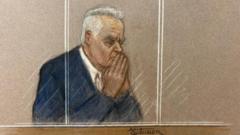

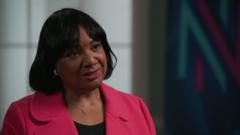

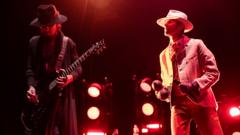



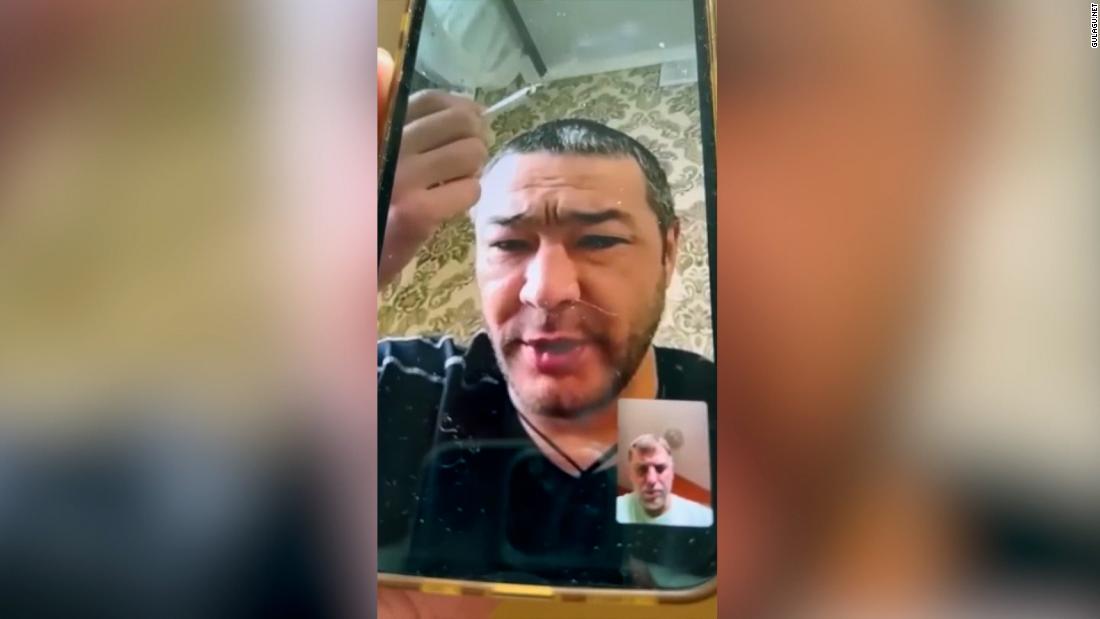
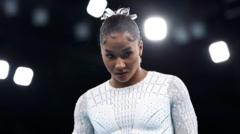
 English (US) ·
English (US) ·